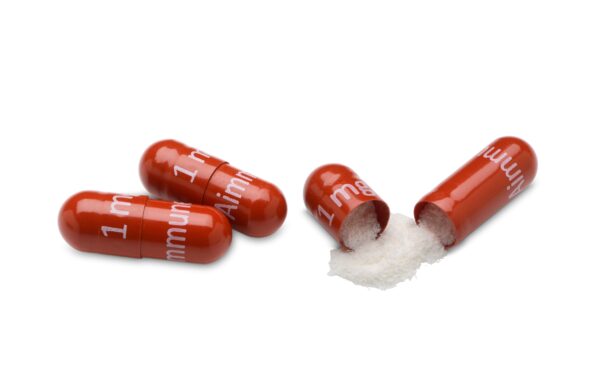
A company best known for making food products is acquiring the remainder of a biotech firm that won Food and Drug Administration approval for a treatment for peanut allergy in children earlier this year.
Vevey, Switzerland-based Nestlé’s Nestle Health Science division said Monday that it would buy the remainder of Brisbane, California-based Aimmune Therapeutics for about $2.1 billion. The food company already owned a 25.6% stake in the biotech firm worth $473 million, and the deal brings the total enterprise value to $2.6 billion.
Shares of Aimmune were up more than 171% on the Nasdaq when markets opened Monday.
“This transaction brings together Nestle’s nutritional science leadership with one of the most innovative companies in food allergy treatment,” Nestlé Health Science CEO Greg Behar said in a statement. “Together we will be able to offer a wide range of solutions that can transform the lives of people suffering from food allergies around the world.”
The FDA approved Aimmune’s peanut allergy drug Palforzia (peanut allergen powder-dnfp) in February for children aged 4 to 17, making it the first drug ever to win FDA approval to treat a food allergy. The drug is an oral immunotherapy designed to mitigate allergic reactions, including anaphylaxis, that may occur when patients are accidentally exposed to peanut. The approval followed a 7-2 vote in the drug’s favor by the FDA’s Allergenic Products Advisory Committee in September 2019.
In a note to investors Monday, Baird analyst Brian Skorney wrote that the deal’s closing was expected to be “smoother than a fresh jar of Skippy,” citing the unlikelihood that antitrust regulators would throw up walls, given the differences between the two companies and their existing ties. It is also unlikely that other companies will emerge to try and outbid Nestlé, as there has been little activity among large pharmaceutical companies in the peanut allergy space, with Regeneron Pharmaceuticals’ efforts to develop Dupixent (dupilumab) being the only ongoing program in the space.

A Deep-dive Into Specialty Pharma
A specialty drug is a class of prescription medications used to treat complex, chronic or rare medical conditions. Although this classification was originally intended to define the treatment of rare, also termed “orphan” diseases, affecting fewer than 200,000 people in the US, more recently, specialty drugs have emerged as the cornerstone of treatment for chronic and complex diseases such as cancer, autoimmune conditions, diabetes, hepatitis C, and HIV/AIDS.
Regeneron and Sanofi are running a Phase II study of Dupixent as a monotherapy in peanut allergy in children that is currently recruiting participants. Aimmune is also listed as a collaborator in another Phase II study that explores Dupixent as an adjunct to Palforzia, but is no longer enrolling.
Photo: Aimmune Therapeutics












